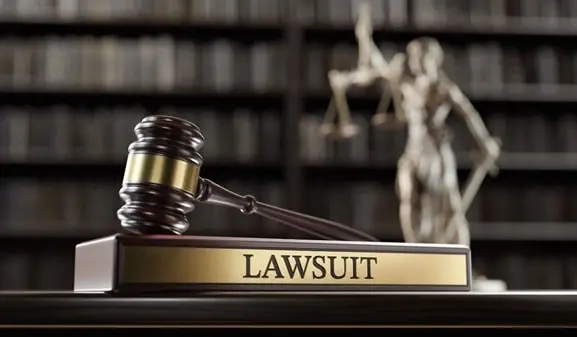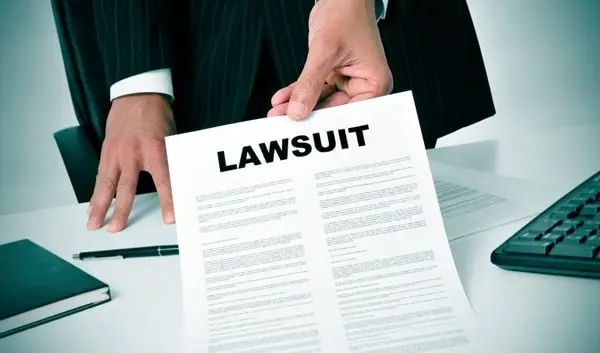The Oregon Bureau of Labor and Industries (BOLI) has been embroiled in multiple racial discrimination lawsuits in recent years, bringing to light the internal dysfunction within an agency tasked with protecting workers’ rights. Central to these cases are the allegations of racial hostility and a toxic workplace environment, particularly during the tenure of Val Hoyle, the former BOLI Commissioner, and now U.S. Representative. Although these cases do not directly involve Laurie Brooks, they shed light on systemic issues at BOLI that might be relevant to broader concerns about discrimination and leadership failures.
A Culture of Racism at BOLI
One of the most significant cases involved Carol Johnson, a Black woman hired to head BOLI’s civil rights division in 2019. Johnson claimed that her tenure at BOLI was marred by pervasive racism, which was allowed to flourish under Hoyle’s leadership. After filing a racial discrimination lawsuit, a Multnomah County jury awarded Johnson $1.7 million in damages in 2023, validating her claims of racial harassment and hostile work conditions. Johnson’s experience included receiving an anonymous package of feces at her apartment, an act she believed was racially motivated, further deepening the severity of her claims.
Johnson’s lawsuit alleged that her attempts to address the racism she faced were ignored by her superiors. Despite Johnson bringing the issue to Hoyle and her deputy’s attention, no meaningful actions were taken to address the racist behavior within the agency. Johnson’s attorney argued that this failure to intervene exacerbated the harassment, creating an unbearable work environment for her and other Black employees. Despite the verdict, the state, through its legal representation, tried to frame Johnson’s leadership style as the primary issue, claiming that her “my way or the highway” approach alienated her subordinates.
Further Settlements and Ongoing Problems
Following Johnson’s case, BOLI faced another racial discrimination lawsuit from Shaina Pomerantz, a Black civil rights investigator hired by Johnson. Pomerantz’s lawsuit alleged that racial hostility persisted after Johnson’s departure. The lawsuit detailed how BOLI employees made racist remarks, including taking bets on which of the Black investigators would leave first. Pomerantz’s case resulted in a $425,000 settlement in 2023, with BOLI’s new Commissioner, Christina Stephenson, issuing a formal apology acknowledging the bureau’s failures in fostering an inclusive and supportive environment.
Pomerantz’s case highlighted the ongoing racial tensions at BOLI, particularly in how Black employees were treated. She claimed that after Johnson’s resignation, Val Hoyle failed to take effective action to protect Black employees from continued harassment. Although Hoyle later testified in support of her efforts to improve conditions at BOLI, the settlement and Pomerantz’s claims suggest that deeper systemic issues persisted under her watch.
Broader Implications for BOLI and Future Leadership
The lawsuits involving Johnson and Pomerantz have had lasting consequences for BOLI. The agency, designed to uphold civil rights and protect workers, has had to confront its own internal failures regarding race relations and employee treatment. The settlements have prompted calls for reform within BOLI, with new leadership implementing additional training on workplace harassment and diversity initiatives aimed at preventing further incidents.
These lawsuits also cast a shadow over Val Hoyle’s political career. Although she was not directly involved in the settlement negotiations or found personally responsible for the racial discrimination, her tenure as commissioner during these controversies has become a point of criticism, particularly in her congressional district, where she faces potential political fallout. Republicans and other political challengers have targeted Hoyle, accusing her of failing to address BOLI’s toxic environment and mismanaging the agency.
Conclusion
The lawsuits against BOLI reveal a troubling history of racial discrimination and management failures within an agency that should serve as a beacon for worker rights and civil liberties. The high-profile cases involving Carol Johnson and Shaina Pomerantz demonstrate the need for strong, proactive leadership in state agencies, especially those tasked with protecting vulnerable populations. As BOLI moves forward under new leadership, the agency will need to rebuild its reputation and ensure that it truly upholds the values of fairness, respect, and dignity for all employees. The legacy of these lawsuits will continue to shape discussions about workplace discrimination, leadership accountability, and the need for systemic change within public institutions.

